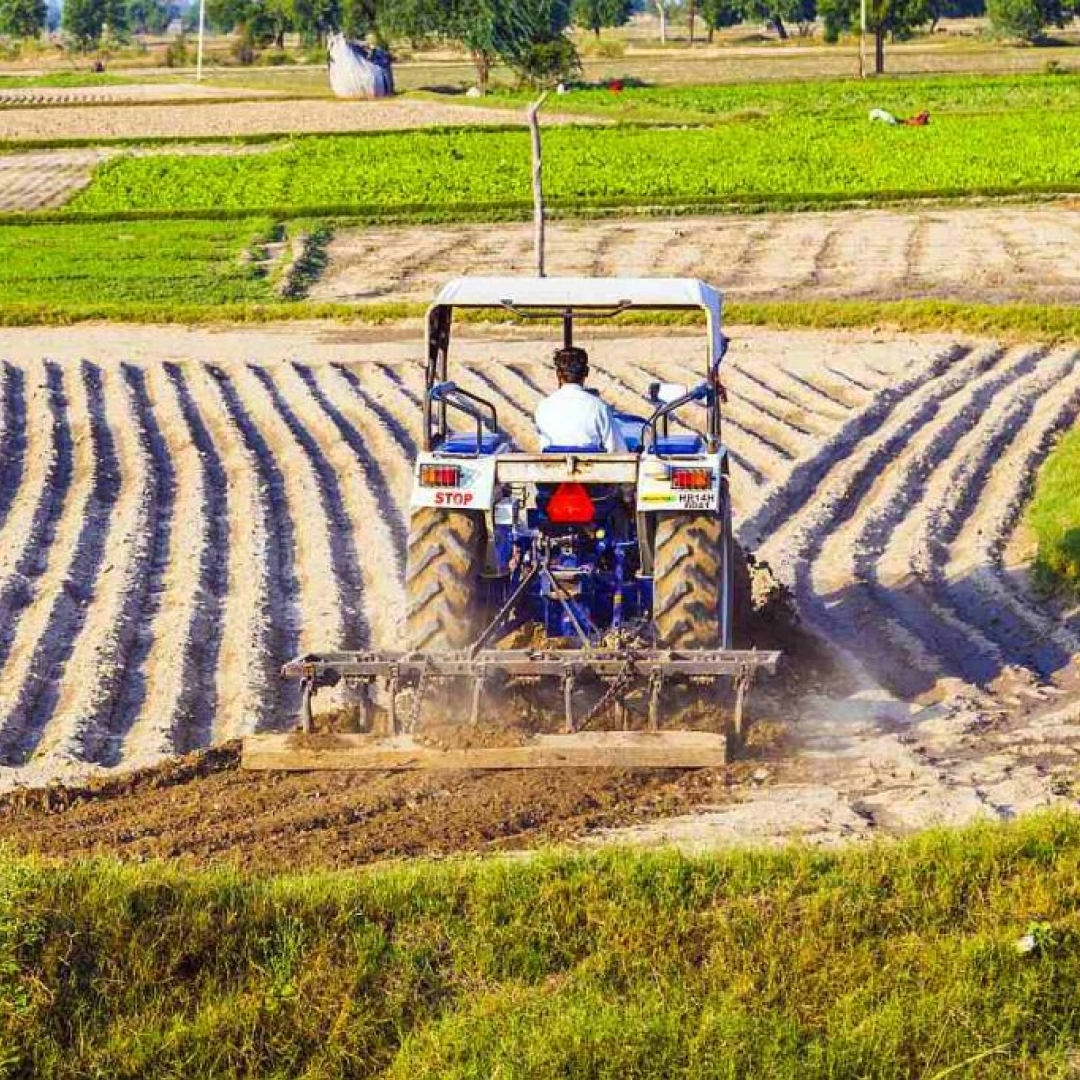
An economic assessment conducted by Embrapa Arroz e Feijão investigated the utilization of biological products through coinoculation to replace nitrogen fertilizers in bean cultivation across Goiás and Minas Gerais states. The study demonstrated return rates on investment ranging from 190% to 214% for commercial crops and 113% for family farming. Comparatively, the total production costs were found to be 5% higher for commercial crops and 8.5% higher for family farming when using nitrogen fertilizers compared to coinoculation treatments.
The research was carried out in irrigated cultivation systems using central pivot technology in various municipalities, including Cristalina, Itaberaí, and Santo Antônio de Goiás in Goiás, as well as Paracatu and Unaí in Minas Gerais. Additionally, in Goianésia (GO), the study was conducted in a family farming area employing sprinkler irrigation. Pérola carioca beans were the cultivar utilized across three crop cycles.
Coinoculation involves introducing multiple beneficial microorganisms to plants to enhance their contributions. In this study, two commercial products were employed for inoculation: one containing Rhizobium tropici, responsible for biological nitrogen fixation (BNF), and another containing Azospirillum brasilense, known for its plant growth-promoting properties.
Rhizobia was administered as a peat inoculant in powder form, prepared in a solution for seed treatment, with two doses applied per hectare. Azospirillum, on the other hand, was applied at one or two doses per hectare directly to the seed and at two or three doses per hectare via foliar spraying during the crop’s vegetative phase. For comparison with nitrogen fertilization, urea-based nitrogen fertilizer was adopted, with 80 kilos per hectare distributed, 20 kilos per hectare at sowing, and 60 kilos per hectare 25 days after plant emergence.
Read The Full Article Here – Bioproducts Economic Valuation







Leave a Reply